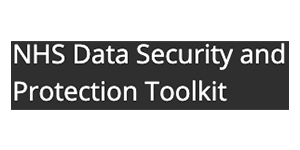So what is an e-consultation?
Well I was right about the bombardment of doom ceasing for just one day. They are at it again, and NHS England’s £2.4 bn GP Forward View is “not nearly enough, not the right stuff and not soon enough.” Never mind, it is what it is.
Though not one of the 1700 words Shakespeare coined, “e-consultation” is centre stage and the thing that is going to transform general practice for a mere £45m. However, with no definition of what it means, I’d like to propose one, starting from the basics.
In our context, a consultation is a personal interaction between patient and clinician in order to provide medical help.
Where traditionally they have all been face to face, remote consultations can take place by telephone, video or digitally. (Letter would also fit the definition but I’ll assume there is little call for this. Even faxes are being smashed in the new modernisated NHS).
E-consultations are therefore a subtype of remote, and to hone the idea let’s look at what falls outside:
- not simply booking an appointment online (no interaction)
- not NHS 111 (even if it is digitised, only an algorithm, not patient-clinician)
- not Skype or other video, as like telephone these are synchronous means, patient and clinician present at the same time.
- not symptom checkers (not personal)
Therefore I propose:
An e-consultation is a personal interaction between patient and clinician initiated by digital means.
All very dry, and I think Shakespeare would have put it in plainer English along the lines of:
The patient seeks help from their GP online.
It’s much more fun to have a go.
You can try an askmyGP demo as a patient:
I’m interested in your views on the definitions and demos – please comment below
Harry Longman
- Published in Comment





E-consultations – evidence and fear
You can’t have failed to notice that everyone’s talking about e-consultations and whatever the evidence (or lack of it), the GP Forward View fund is forcing the pace.
Evidence. It’s the key battleground because if £45m is going to be spent the public needs to be assured that it’s value for money (more particularly, the NAO).
But the public. as we measure their actions and views with askmyGP, are saying something very important: we like this more and more. This week feedback includes: “Happy with the quick response.” (f 62), “good, easy, fast” (f 56), “System very easy to use, I will use this again” (m62).
You know my skepticism of anecdotes, but they do illustrate the trend, which is 60% now saying this is a better system.
The common theme is easy and fast, and it’s those practices who understand this that are reaping the benefits. The fact is, patients have to be begged to use a new online channel, they don’t all rush at it, and only bother the GP when they’ve tried Googling for self help (75% in the latest survey).
Those that fear their patients are missing out. “This is a great way to avoid an unnecessary doctor’s appointment.” (f 43), and I really love this one, (m 77), “Both parties benefit by sometimes not needing a surgery visit”.
Pure genius. Patient-centred care means it’s a joint decision on how best to help, not a barrier for patients to overcome.
Harry Longman
PS Not just for data nerds, it’s astonishing to see how over the last 20 months askmyGP use on smartphone has shot from only 22% to 48%, as PC use has shrunk.